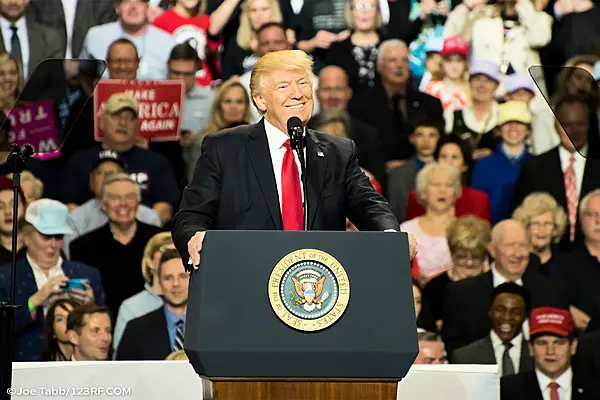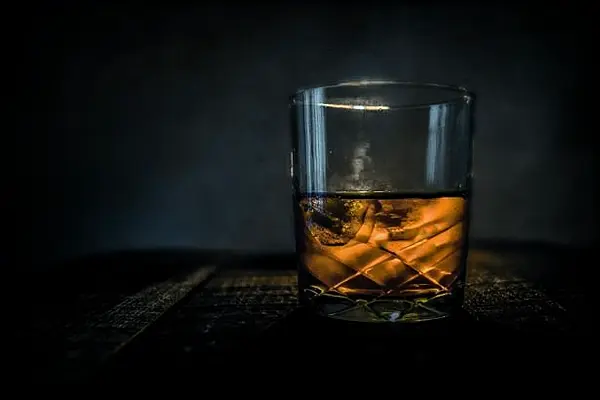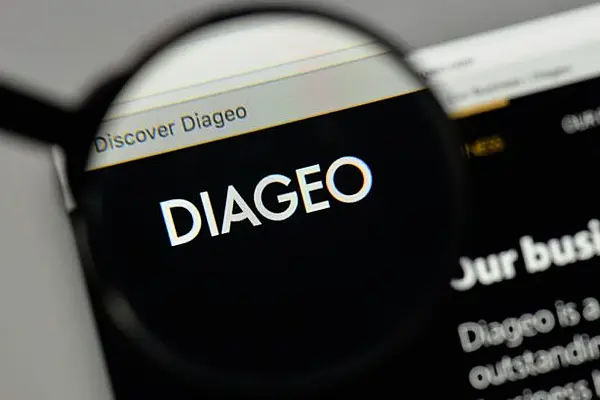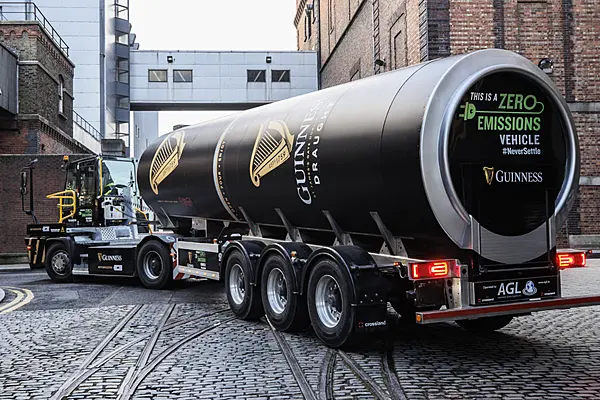Diageo, the maker of Guinness beer, said it may consider buying brands that could be shed during AB InBev's $107 billion acquisition of SABMiller, with a particular focus on Africa.
“If assets become available in Africa, we would be interested,” Diageo Chief Executive Officer Ivan Menezes said. If not, the mega-merger will have little impact on the company, he said.
Diageo, which also produces Smirnoff vodka and Johnnie Walker scotch, wants to get 20 per cent of its sales from Africa, up from 13 per ent this year, after investing more than $1 billion in the continent over the past five years. Mass-market brewers and distillers want to harness the spending power of Africa’s emerging middle class as they cede market share to smaller independent brands in developed countries.
The London-based company says that its beer business in Africa will help stoke demand for its spirits. Some analysts question that strategy because Diageo uses separate sales teams and distribution channels for the two categories in Nigeria, one of its biggest markets in the region. Last month, the company bought a 20 per cent stake in Guinness Ghana Breweries from Dutch brewer Heineken, and is weighing increasing its stake in Guinness Nigeria to 70 per cent.
Less Competition
Beer makes up 20 per cent of Diageo’s business, Menezes said. The company sold some of its brewing assets to Heineken, including its stake in the Jamaican brewer of Red Stripe, in October.
The merger of AB InBev, the maker of Budweiser, and SABMiller could lead to deals for other companies as well, Bloomberg Intelligence analyst Duncan Fox wrote in a note Wednesday. The combination of the two brewing giants means less competition for others seeking to make an acquisition, he said.
Guinness has been sold in Africa since 1964, when the Dublin-based brewer introduced the stout to Nigeria. Diageo competes “fiercely” on the continent with SABMiller brands, Menezes said.
“Beer is a very local business, and so the scale of SAB-ABI doesn’t change really in Africa substantially,” he said. “Having said that, there’s no doubt they will be a formidable competitor, and we absolutely intend to hold our own. We’ve got very big growth ambitions in Africa, both beer and spirits.”
News by Bloomberg, edited by ESM. To subscribe to ESM: The European Supermarket Magazine, click here.









